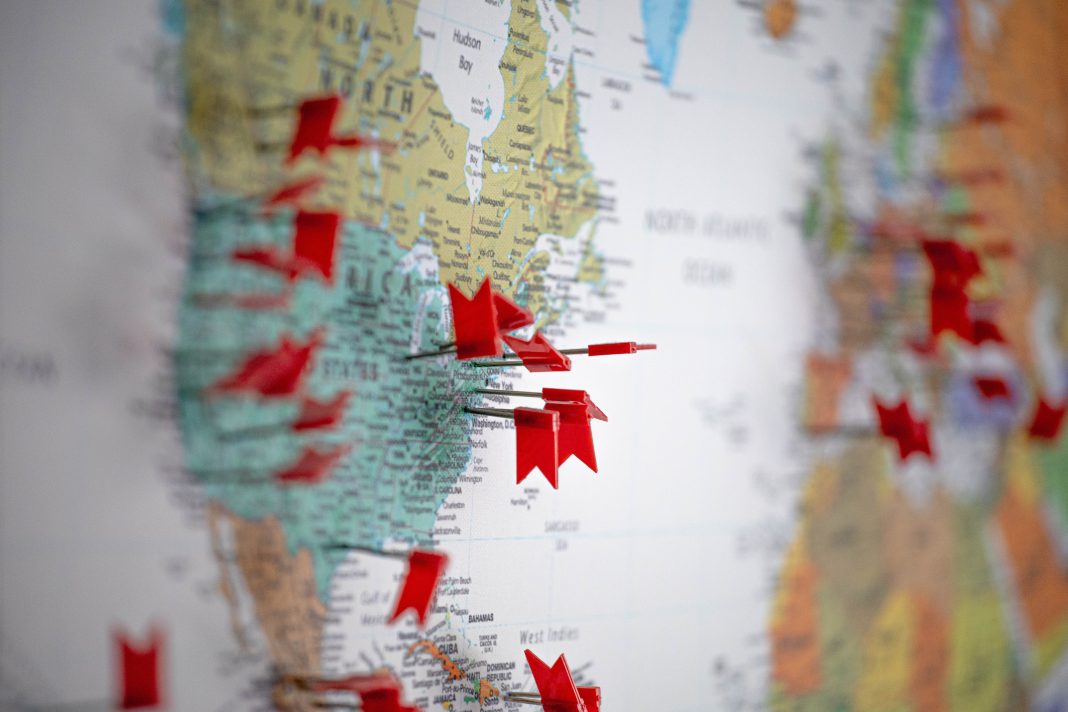by Raffaele Crocco 
There is something dangerous in the way we are, once again, snubbing the news. It is dangerous because the growing informal organisation will represent 43% of the Planet’s inhabitants and 25%v of the Gross Domestic Product. Brixia, this is the possible name, with Iran and Argentina that will sit at the same table as Brazil, Russia, China India and South Africa, what until now we have called Brics (see here M. Sacchi’s article on the possible entry of Turkey, Egypt, Saudi Arabia as well).
These are the states with emerging economies – in the case of China, we should say ‘dominant economy’ – which oppose the old and outdated G7 of the self-proclaimed ‘world powers’: the USA, Great Britain, Germany, France, Japan, Italy and Canada. The future Brixia met on the same days in July 2022 as the leaders of G7 first and – not coincidentally – NATO later. In the background of the two meetings was the same card table: the poor Ukraine invaded by Russia, the perfect place to measure the strength of the two teams.
While Biden and his comrades were discussing how to cope with the energy crisis linked to Russian gas and oil supplies, the food crisis for grain and the general economic crisis looming on the horizon, Chinese President Xi Jinping was proposing to the Brics states that they increase their economic and trade cooperation, prepare an alternative ‘currency basket’ to the dollar in international trade and confirm their ties with Russia at this difficult time for Moscow. All this just to make it clear that those who say that Moscow is isolated on the Planetary level may be wrong.
The Planetary axis is shifting. We knew this, but Brics becoming Brixia confirms it. With Argentina joining Brazil in the club, Latin America will effectively cease to be the ‘backyard’ of the United States, with many other countries in the area likely to be attracted to Brasilia and Buenos Aires. In the Near East, Iran could turn into a ‘big attractor’ in its turn, on the strength of its geographical location, natural resources and history. How will the United States react to all this?
Washington increasingly looks like the ‘power in retreat’. It is losing control of the seas, defeated both by China, which is rearing its head again in the Pacific, and by the climate. The melting of the ice is giving strength to the Arctic Route, which will make it possible to move north, saving 40% time and money in the transport of goods by sea. That route – entirely or almost entirely controlled by Russia – will make the Panama Canal, the focus of US naval power, old, useless and expensive for many countries. Having created Aukus, the new Pacific political-military alliance with Austral and Britain, may not be enough.
Beijing played the load, then, by announcing the birth of an alternative ‘currency basket’ to the dollar. From Basel, the central bank of the world’s central banks – it is called the Bank for International Settlements – has given the go-ahead for a liquidity facility in renminbi, the currency of the People’s Republic of China. It will work mainly in Asian countries, but the novelty is that transactions of this kind were previously only permitted in dollars.
An acknowledgement that once again mortifies Washington. Above all, a decision that photographs the planetary reality that we continue to pretend we do not see. The balance is rapidly changing and continuing to play the game thinking that we hold the best cards could prove fatal. Especially since no player in the field – old or new – seems to really care about the players in the game. That is, those almost 8 billion human beings who live off the crumbs of wealth thrown on the floor, deluding themselves – when they know them – that Human Rights will one day become the true shared heritage of all.
Cover image: from the official BRICS website
























